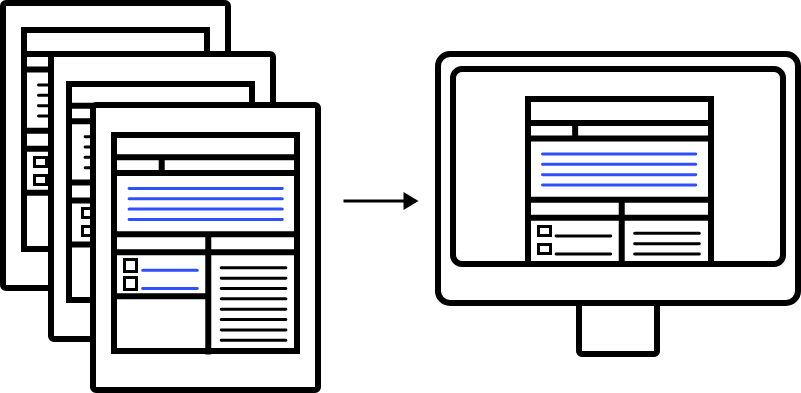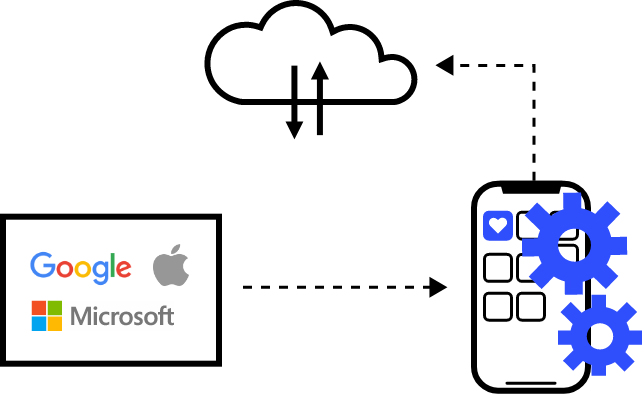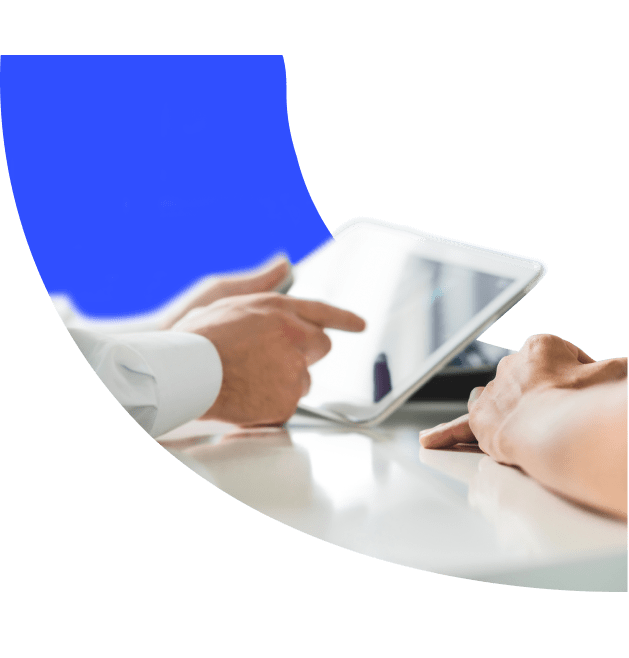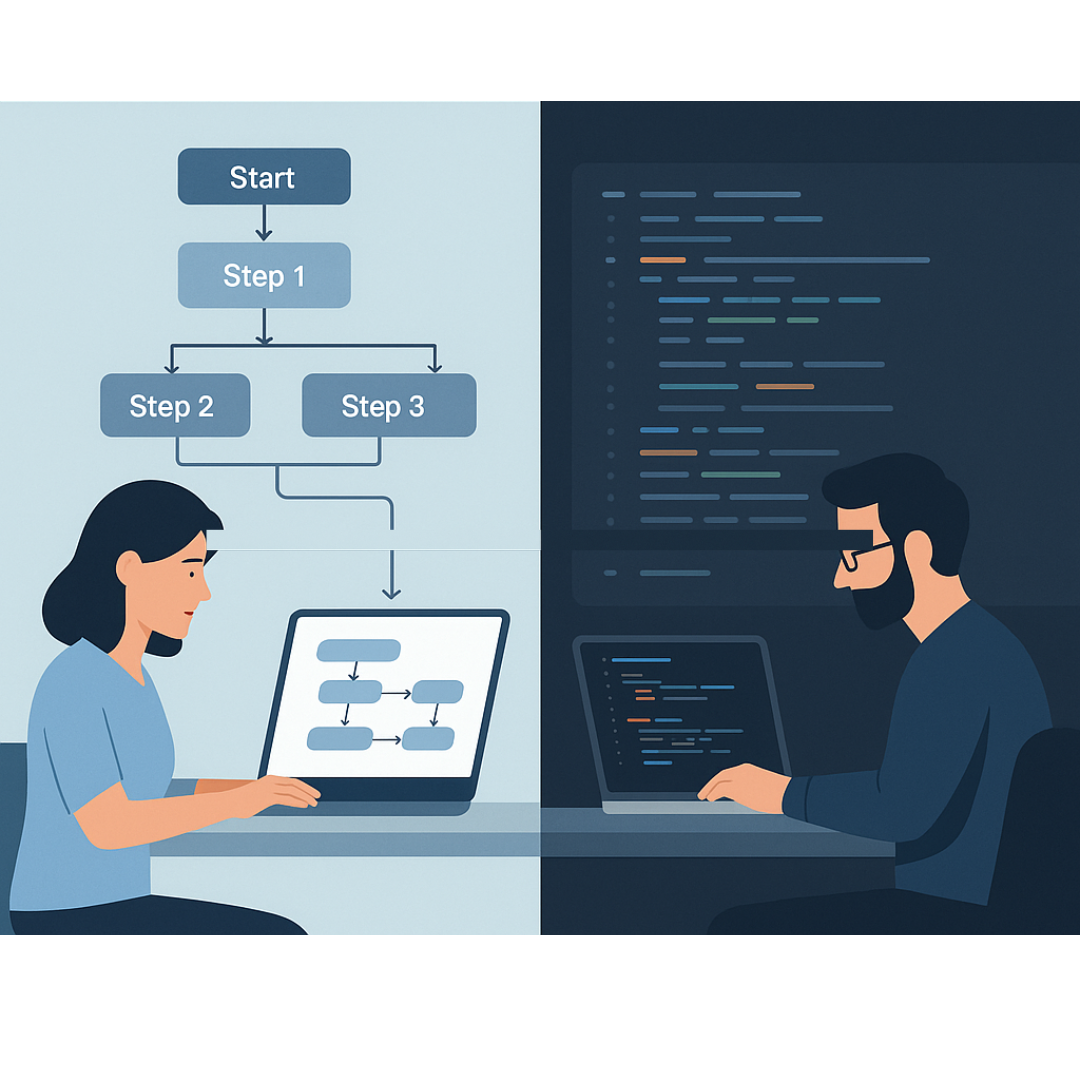Health and fitness apps have experienced steady growth in recent years, but thanks to the pandemic, these apps have surged in global demand resulting in the release of more than 71,000 health and fitness apps in 2020, up 13% over 2019.
From counting steps to monitoring blood glucose, powerful mobile wellness apps are providing users with greater visibility and self-management of their health, fitness, and nutrition data while also giving healthcare providers access to their patients’ critical health information.

Last year, consumers downloaded health and fitness apps approximately 2.5 billion times worldwide, and this trend is likely to continue as hospitals and healthcare networks race to further develop mobile apps that will help them improve healthcare delivery, operational efficiency, and drive down costs.
Toward this goal, healthcare providers are seeking partnerships with technology companies to help them supercharge their innovation efforts. At the forefront of this healthcare innovation are Apple and Google, which are jockeying into position to expand their ecosystems. Locked in a battle to capture market share, Apple and Google are making significant investments in health-related R&D and further accelerating innovation in wearable devices, sensors, and IoT devices. In their efforts to centralize health data from third-party apps, Apple and Google each hope to securely store and synchronize consumer health data across all of our devices, creating a seamless experience across a variety of apps within a single ecosystem.
How will mobile health apps help consumers?
As mobile app development drives further expansion of healthcare ecosystems, it’s not just Big Tech that will benefit. Consumers are already seeing more personalized, responsive, and integrated service that’s aimed at improving patient outcomes. Mobile health applications, or mHealth, such as wearables and sensors, are designed for remote patient monitoring (RPM), which delivers real-time monitoring of patient vital signs and symptoms. For the consumer, this means faster response time by healthcare providers, effective patient care delivery, and improved communication across health networks.
And this trend is on the uptick. According to Global Market Insights, the global mHealth market is estimated to reach nearly $300 billion by 2025, up nearly 40% from 2019. Among some of the impressive health tech devices and wearables currently on the market or undergoing FDA approval are:
- Wearable ECG monitors
- Wearable blood pressure monitors
- Biosensors
- Continuous glucose monitoring
- Insomnia therapy headband
- Smart medication dispensing devices
How will mobile health apps help healthcare providers?

While mobile technology helps consumers better manage their own wellness, healthcare providers also stand to gain from innovation in healthcare app development. By transitioning to digital and cloud technologies, clinicians and healthcare providers can better communicate with their patients and collaborate with their colleagues all within one ecosystem. By seamlessly interconnecting hundreds of sites, devices, and data sources, digital healthcare ecosystems enable healthcare providers to streamline their workflows — and gain access to electronic health record (EHR) data, which is crucial for improving patient care and engaging with patients long-term.
The battle for healthcare data

In the race to capture and centralize health data is an opportunity to grab a bigger slice of the $3 trillion spent annually on health care. Apple, Google, Amazon, and Microsoft are already accelerating their efforts to develop apps and collaborate on new devices that leverage advanced analytics, machine learning, and the power of the cloud. The result will be a surge in new mobile health apps and devices that promise to benefit consumers, patients, clinicians, and hospitals alike. All good news – or is it?
HIPAA and data privacy
Integrations and deal activity between big tech and healthcare systems raise serious concerns about data privacy. As it stands today, wellness apps routinely request and share user data. And users happily comply. But when it comes to personal health information such as electronic health record (EHR) data, patients have less control of their information. As electronic medical devices become increasingly connected to each other and to other technologies, the free flow of data across devices and healthcare systems introduces security gaps and risks. Apple, for example, is making health data available to third-party apps, but how can users feel confident that their health information is going to remain fully secure?
The Health Insurance Portability and Accountability Act (HIPAA) establishes the baseline for sensitive patient data protection with its Privacy and Security rules.
- HIPAA’s Privacy Rule establishes national standards to protect an individual’s medical records and other protected health information (PHI). The rule applies to, among other things, the electronic transmission of health and medical records.
- The Security Rule, which complements the Privacy Rule, requires that HIPAA-covered entities implement appropriate administrative, physical, and technical safeguards to ensure the confidentiality, integrity, and security of electronic protected health information (ePHI).
Both the privacy and security provisions are subject to the Enforcement Rule, which penalizes violators with hefty fines. To avoid penalties and reputational risk, HIPAA covered entities will need to put in place effective privacy and security protocols. Achieving and maintaining compliance with Privacy and Security rules requires centralized coordination and a well-managed program that integrates security protocol into day-to-day operations. But with the right controls in place, HIPAA and its Administrative Simplification provisions will ultimately help streamline the transfer of information, thus reducing paperwork, resources, and costs to healthcare providers.
What’s ahead in mobile health technology?
As mobile health technology continues to disrupt healthcare, we can anticipate major shifts within the industry, from the way we monitor our own health and wellness to large-scale digital transformation of healthcare models. Though the healthcare sector has been slow to catch up with other industries in mobile app development, we now can expect to see an explosion of growth in mobile health app technology thanks to a confluence of circumstances accelerated by the pandemic. Whatever is ahead will likely be well worth the wait.



